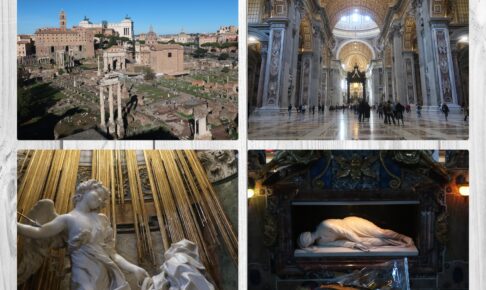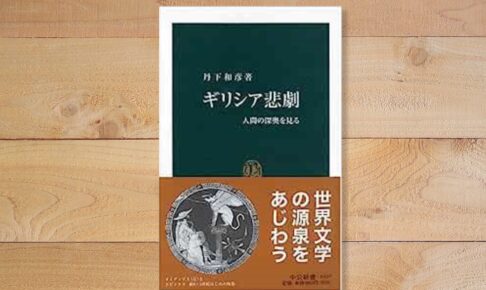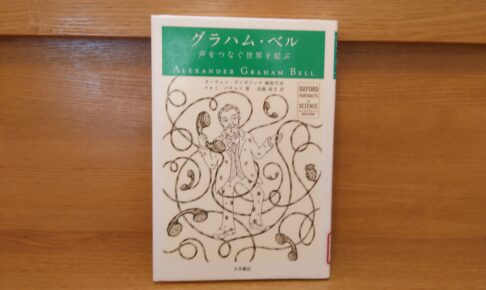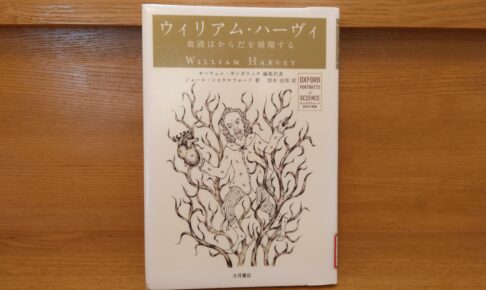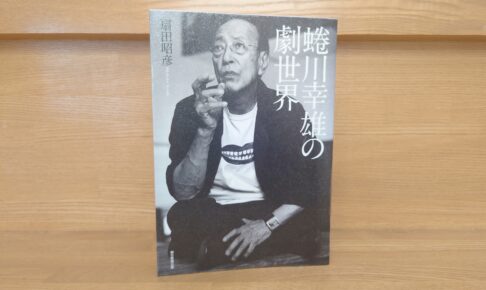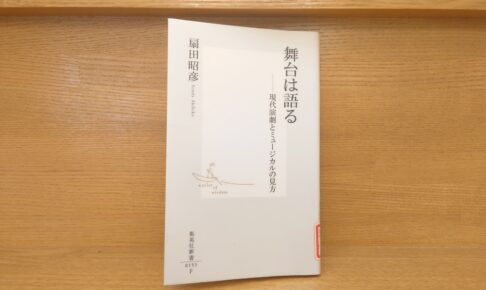Welcome to our website. For those of you who are visiting our blog for the first time. First of all, please click here.
Nice to meet you. My name is Takahiro Ueda, the administrator of this blog. This blog started as my attempt to look at various things in my daily life and write words with the motto of asking myself questions, as you can see in the title of the blog.
This article will give you a general guide within our blog. If you are new to our blog or wondering what to read, please read this article first.













